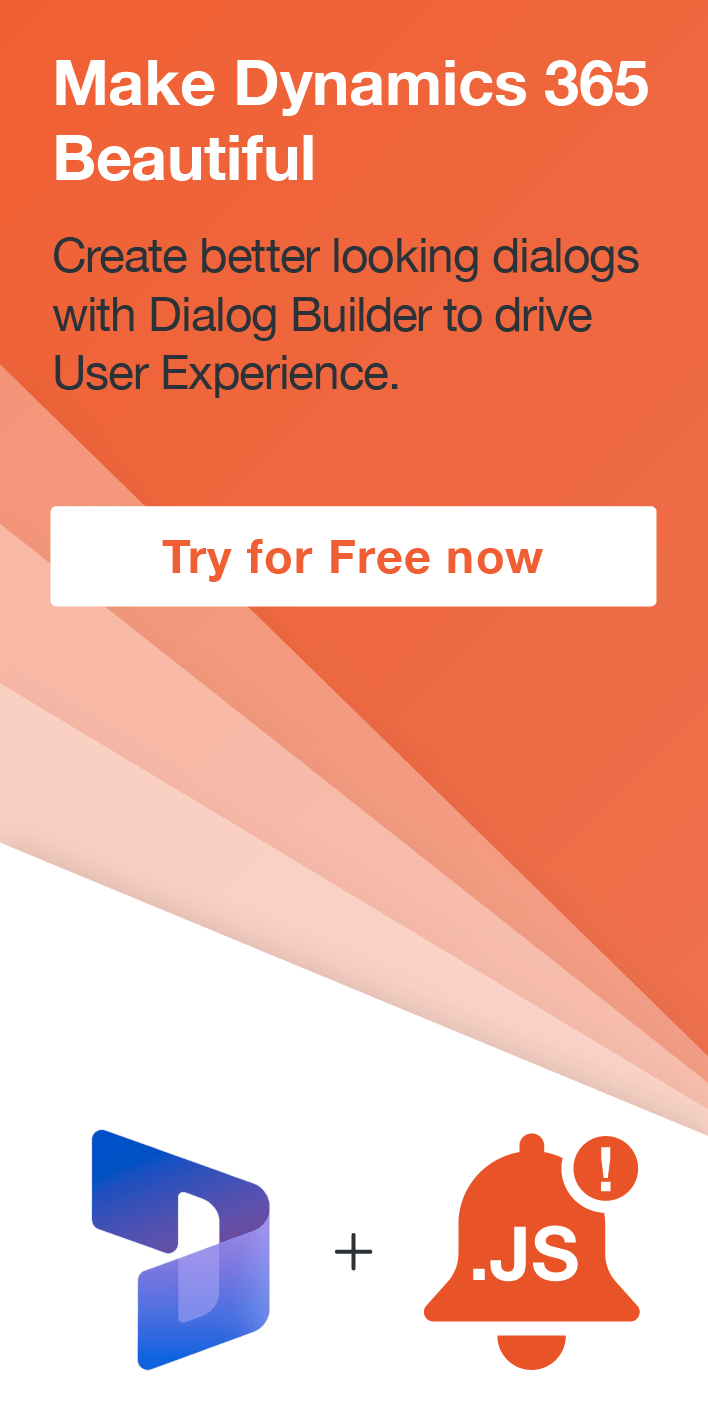Avoiding CRM Project Cost Overrun
John Eccles, 02 July 2012
Why is it that the final project cost is often more than we expected?
Many of the CRM development projects I have been involved in, the task of estimating costs has not been simple.
But I am reading an enlightening book, “Thinking Fast and Slow” by Daniel Kahneman which has helped me understand the issue
The Planning Fallacy .jpg)
In Chapter 23, p 249, Kahneman uses the term “Planning Fallacy” to describe overly optimistic forecasts of the outcome of projects.
He gives some great examples to illustrate that examples of the planning fallacy are to be found everywhere. My favourite is the Scottish Parliament building”
In July 1997, the proposed new Scottish Parliament building in Edinburgh was estimated to cost up to £40 million. By June 1999, the budget for the building was £109 million. In April 2000, legislators imposed a £195 million “cap on costs.” By November 2001, they demanded an estimate of “final cost,” which was set at £241 million. That estimated final cost rose twice in 2002, ending the year at £294.6 million. It rose three more times in 2003, reaching £375.8 million by June. The building was finally completed in 2004 at an ultimate cost of roughly £431 million.
Thinking Fast and Slow, Kahneman, P250
After reading that, I realise I’m not the only one finding it hard!
Kahneman also describes a 2002 survey of American homeowners who had remodelled their kitchens. On average, the final price was more than twice what was expected. I have remodelled a kitchen and based on my experience, I think the same rule applies in New Zealand!
Causes of cost overruns
Kahneman discusses the following:
1. Optimism of planners and decision-makersSolution: Planners and decision-makers need to look at similar, historical projects as a starting point for estimation lest they work on a best-case scenario.
2. Deliberately under-estimated plans and budgetSolution: Clients need to find a partner they can trust.
3. Customer’s inability to imagine how much their wishes will escalate over timeSolution: Make a realistic plan and stick to it.
Application to CRM Development Projects
In my experience, cost overruns on CRM Development projects fall into one of the following:
1. Under-estimates of software development time.Fortunately, these are rare. We have a lot of experience in configuring, customising and extending Dynamics CRM so we have loads of historical projects to compare with. But in the software development world, there are always unexpected problems and sometimes we don’t expect the unexpected. In these cases we have to go back to the Client and explain the situation as best we can. It’s not a nice job!
2. The Client’s requirements change..jpg)
This is not at all rare. This is the norm. In fact, I think it is virtually inevitable!
As the system takes shape and the Client sees it, they start to see ways that it can and should be changed or improved. No matter how well we scope the project at the Analysis stage, it seems we are all smarter near the end of the project than at the beginning.
So the change requests start coming in. And unless this is understood by all at the beginning of the project, some tension can arise – because many or most of the change requests mean more development work and more cost than was included in the original pricing. In general, the larger Clients or people with previous development experience, have been through this before and understand that they have to pay for changes to scope. And in general, smaller organisations have less experience and tighter budgets and find it more difficult to cope with additional costs of changes.
Ways to Avoid CRM Project Cost Overruns
We have tried to minimise Change Requests in our CRM Development projects as follows:
1. More thorough Analysis.
We find that the more time and effort invested in the Analysis phase, the less changes throughout the project. And this is not just the time and effort of our Business Analyst, but also the time and effort of the Client’s team. The requirements need to be locked down in the Analysis phase. If not there will be lots of changes and an unhappy Client. We would rather delay (and possibly lose) a project to allow a thorough Analysis stage than have the project delayed by numerous (and costly) changes during development or at User Acceptance Testing.
2. Client CRM Pre-Training
We have found that when the key people on the Client’s project team are trained in CRM at the early stages of the project, the project runs much better and there are fewer changes. I think it’s because the training gets us all on the same page. The Client’s team see how CRM works and can more easily visualise how it can work for them. We have found that the Microsoft Course, Introduction to Microsoft Dynamics CRM 2011 (Course 80442) provides a sufficient understanding of Dynamics CRM at the initial stages of the project.
3. CRM Starter Packages
CRM Starter Packages provide a limited amount of configuration and customisation for a fixed price. A Starter Pack is probably the ideal solution for a smaller organisation because the cost is fixed and the price is relatively low.
Magnetism offers a range of CRM Starter Package options:
With a Starter Pack 3 and a Xero connector, for example, a Client can have a Dynamics CRM 2011 solution, customised to meet their requirements around Sales, Marketing and Service, that connects with their Xero accounting system to avoid double data-entry – all for NZ$12,850.
We have sold CRM Starter Packages to many NZ organisations and these are the projects that don’t have cost overruns.
Image 2 from http://www.iranian.com/main/2009/mar/u-turn

